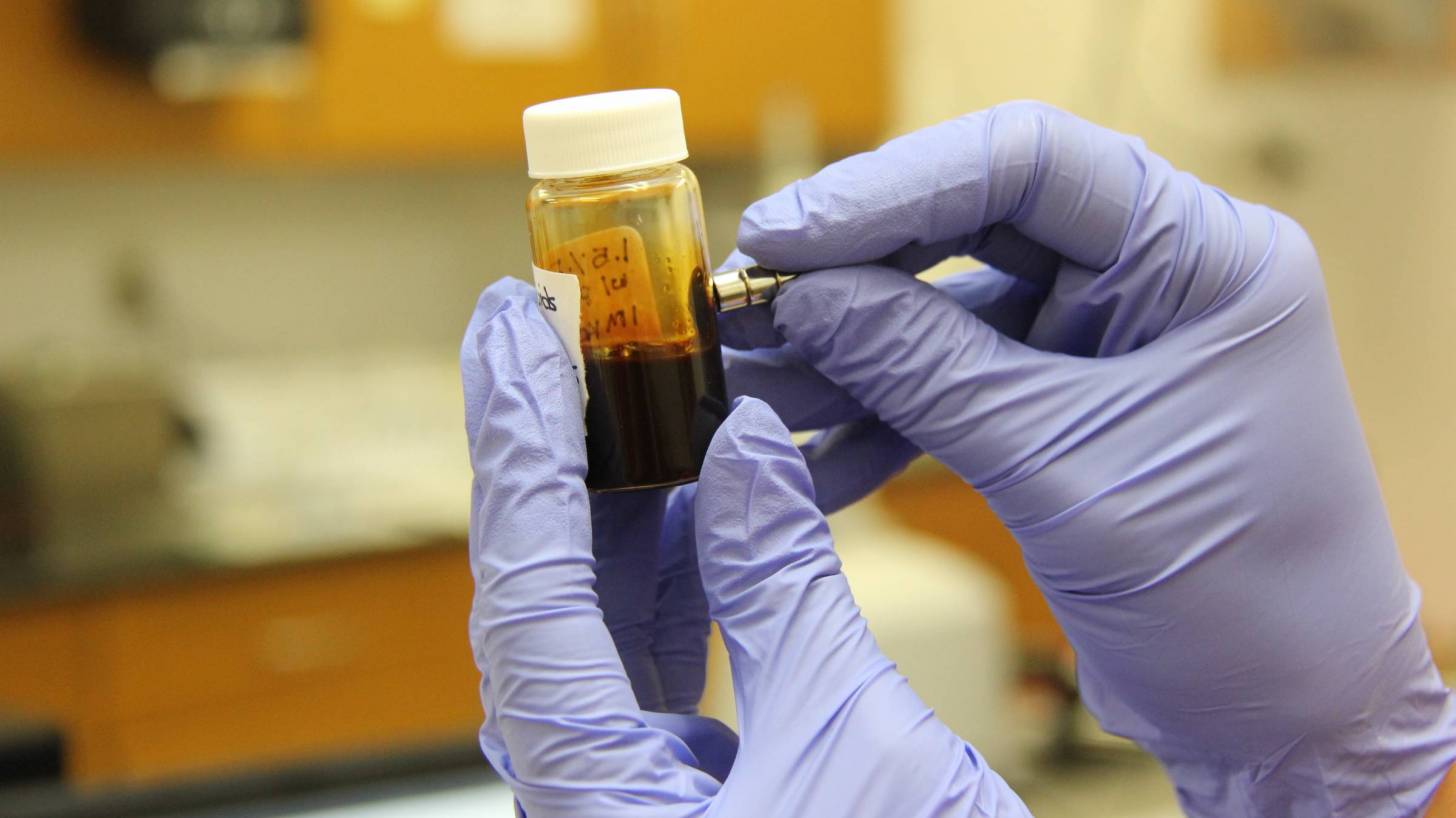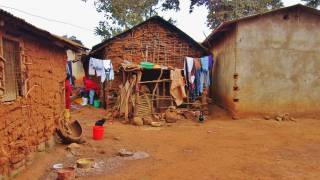UTMB Boosts Protective Vaccine Development Against Hemorrhagic Fever

Recent outbreaks in Africa have highlighted the need for a prophylactic vaccine that would confer protection against all of the viruses that cause lethal hemorrhagic fever (HF).
On November 8, 2019, scientists funded by the National Institutes of Health (NIH) announced the development of an investigational vaccine that protected monkeys against 4 types of HF viruses that are endemic to overlapping regions in Africa.
The University of Texas Medical Branch (UTMB) , which is located in Galveston, Texas and Profectus BioSciences are developing the vaccine candidate, quadrivalent VesiculoVax vaccine.
This is important news since there are no licensed vaccines to provide protection from any of those viruses, all of which can cause severe disease and death.
Recently, the European Medicines Agency has recommended licensing a VSV-Ebola vaccine from Merck, Ervebo, V920.
And, on November 7th, 2019, the Janssen division of Johnson & Johnson announced it had filed for two approvals from European Medicines Agency (EMA) for its 2-dose prime-boost Ebola Zaire protective vaccine regimen, known as Ad26.ZEBOV/MVA-BN-Filo.
This new study, published in the Journal of Clinical Investigation on October 23, 2019, describes how the vaccine was created using a live-attenuated vesicular stomatitis virus to deliver proteins that elicit protective immune responses.
The proteins are from the Ebola virus (Kikwit strain), Sudan virus (Boniface strain, which also causes Ebola virus disease), Marburg virus (Angola strain) and Lassa virus (Josiah strain).
Importantly, the monkeys infected in the study were exposed to different strains of Sudan virus (Gulu) and Lassa virus (0043/LV/14) than those in the candidate vaccine to help the researchers determine whether the vaccine would be cross-protective.
Lassa 0043/LV/14 is circulating in an outbreak in Nigeria that began in 2018.
And, previous studies indicate that the investigational Ebola virus (Kikwit) vaccine will protect against other strains of the Ebola virus.
These innovative scientists inoculated 20 monkeys with a primary and booster dose of quadrivalent VesiculoVax.
The animals had 5 blood draws to check for an immune response, including on the day of initial vaccination and on days 10 and 28, then on day 56 when they received a booster inoculation, and again on day 66.
On day 84, the scientists infected the macaques with the 4 different hemorrhagic fever viruses and monitored them until day 112 of the study.
Twelve additional macaques in the study who were infected with the viruses but not vaccinated all became sick.
However, none of the vaccinated animals did.
Only one of the 20 vaccinated animals had any of the four hemorrhagic fever viruses detectible (Lassa) following the study.
The scientists state that the addition of the Lassa virus component to their multivalent vaccine is an exciting research advance as they already had developed an investigational trivalent vaccine that provided protection against Ebola, Sudan, and Marburg viruses.
These researchers now plan further vaccine tests against other strains of the Lassa virus, and they want to further evaluate whether a single-dose quadrivalent vaccine appears safe and effective.
UTMB Health offers a full range of primary and specialty health care services throughout Galveston and Brazoria counties, the Bay Area and Southeast Texas. With approximately 70 primary and specialty care clinics, dozens of locations, and 3 large modern campuses featuring comprehensive hospital and emergency care, UTMB is a health system that continues to enhance access to excellent care.
This research was supported by NIH/NIAID intramural funding, contract HHSN272201700077C, and grants UC7AI094660 and U19AI142785; and by NIH/NHGRI grants U01HG007480 and U54HG007480.
Vaccine Research is published by Precision Vaccinations
Our Trust Standards: Medical Advisory Committee




